

 (ማስታወቂያ)
(ማስታወቂያ)
The Bodi Tribe, residing in the remote Omo Valley of southwestern Ethiopia, is a unique and vibrant community known for its rich cultural heritage and distinctive lifestyle.
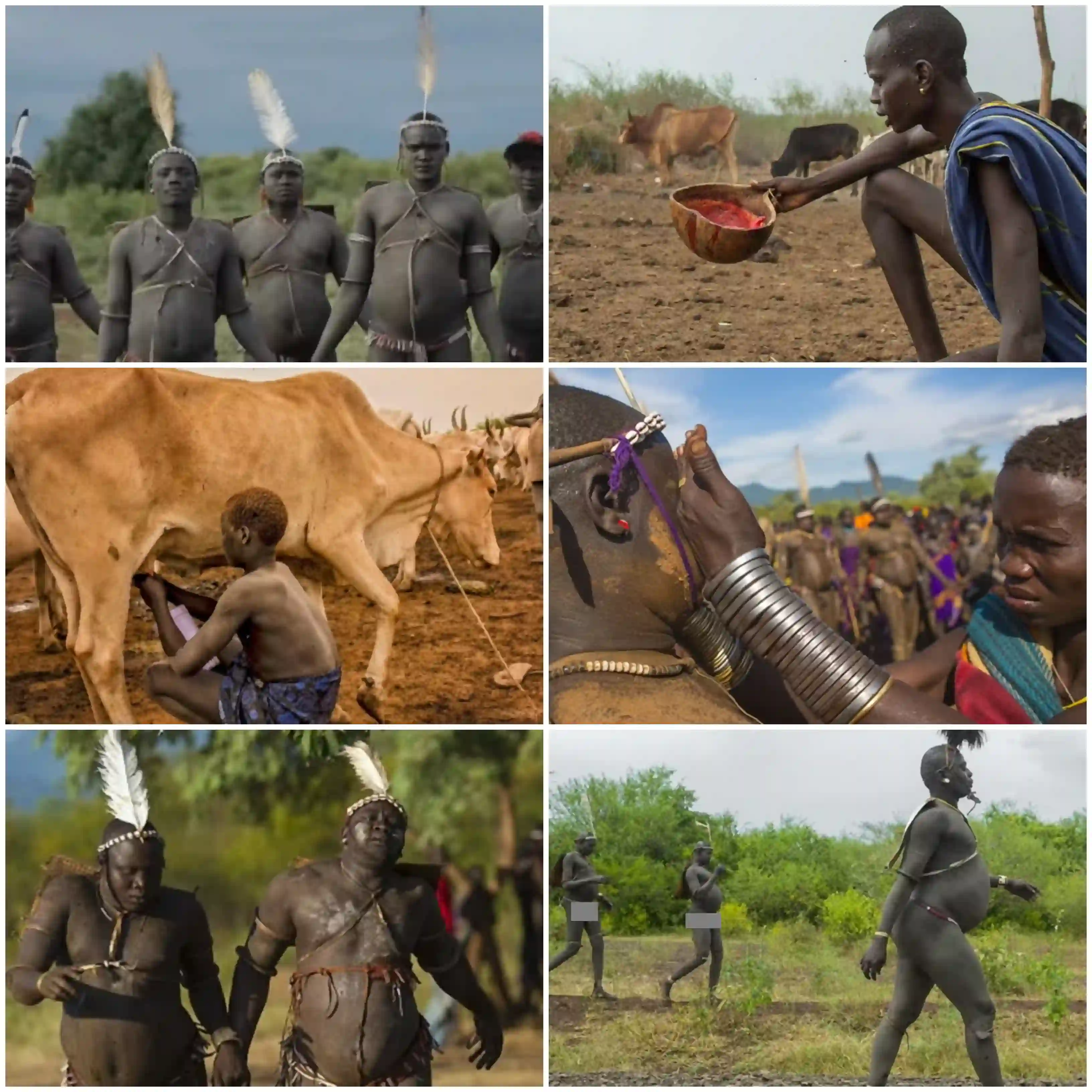
The Bodi people live in a semi-nomadic lifestyle near the Omo River, mostly relying on pastoralism. They trade with neighboring tribes like the Mursi. Cattle are extremely important to the Bodi Tribe's identity, economics, and food. Their unusual rituals and traditions set them apart as one of Africa's most intriguing tribes. Here are some interesting facts about the Bodi Tribe that showcase their distinct way of life.
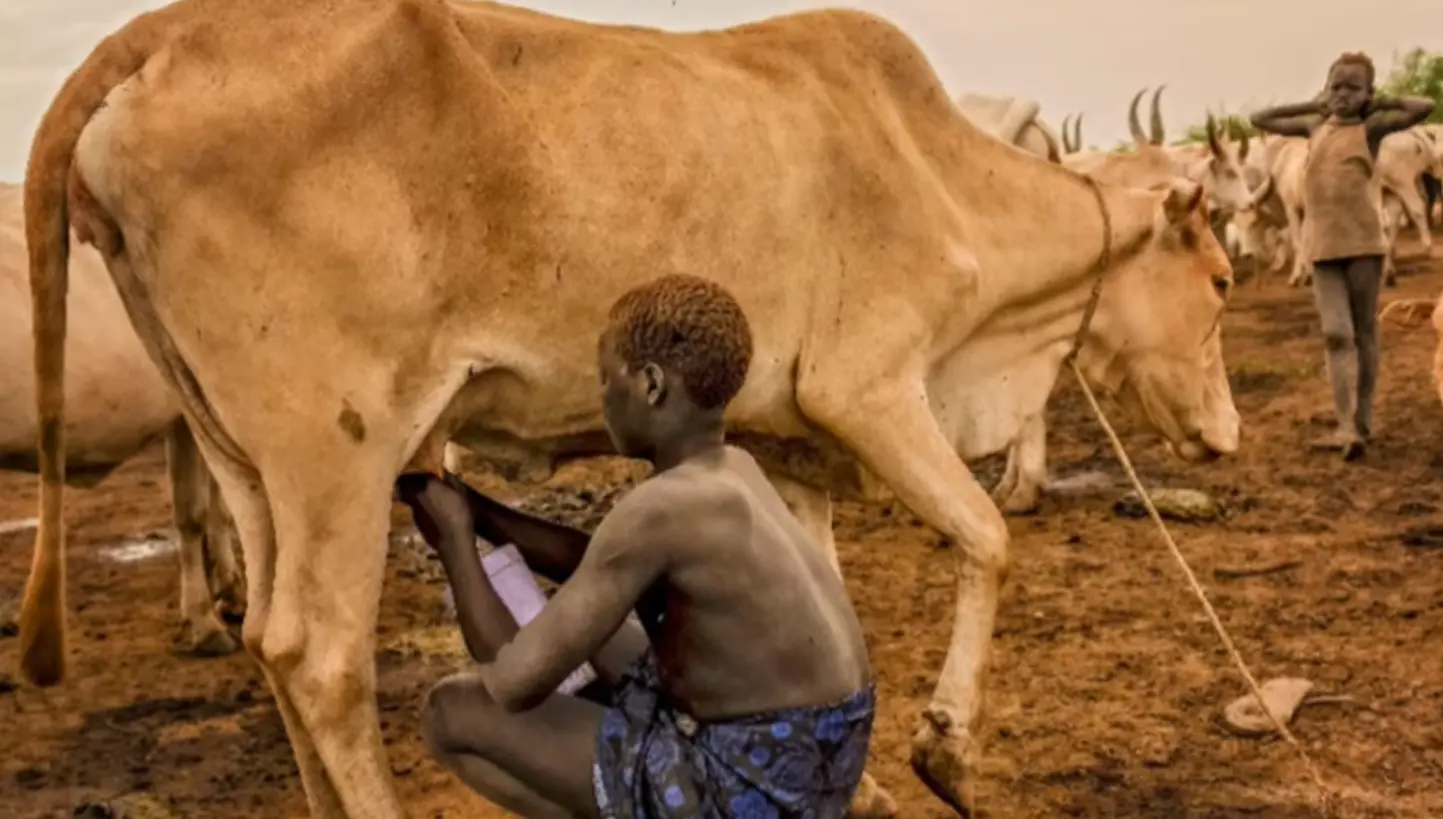
For the Bodi people, cattle are not just livestock; they symbolize wealth, status, and identity. The tribe's economy revolves around herding and trading cattle, which are essential for their survival and social structure.
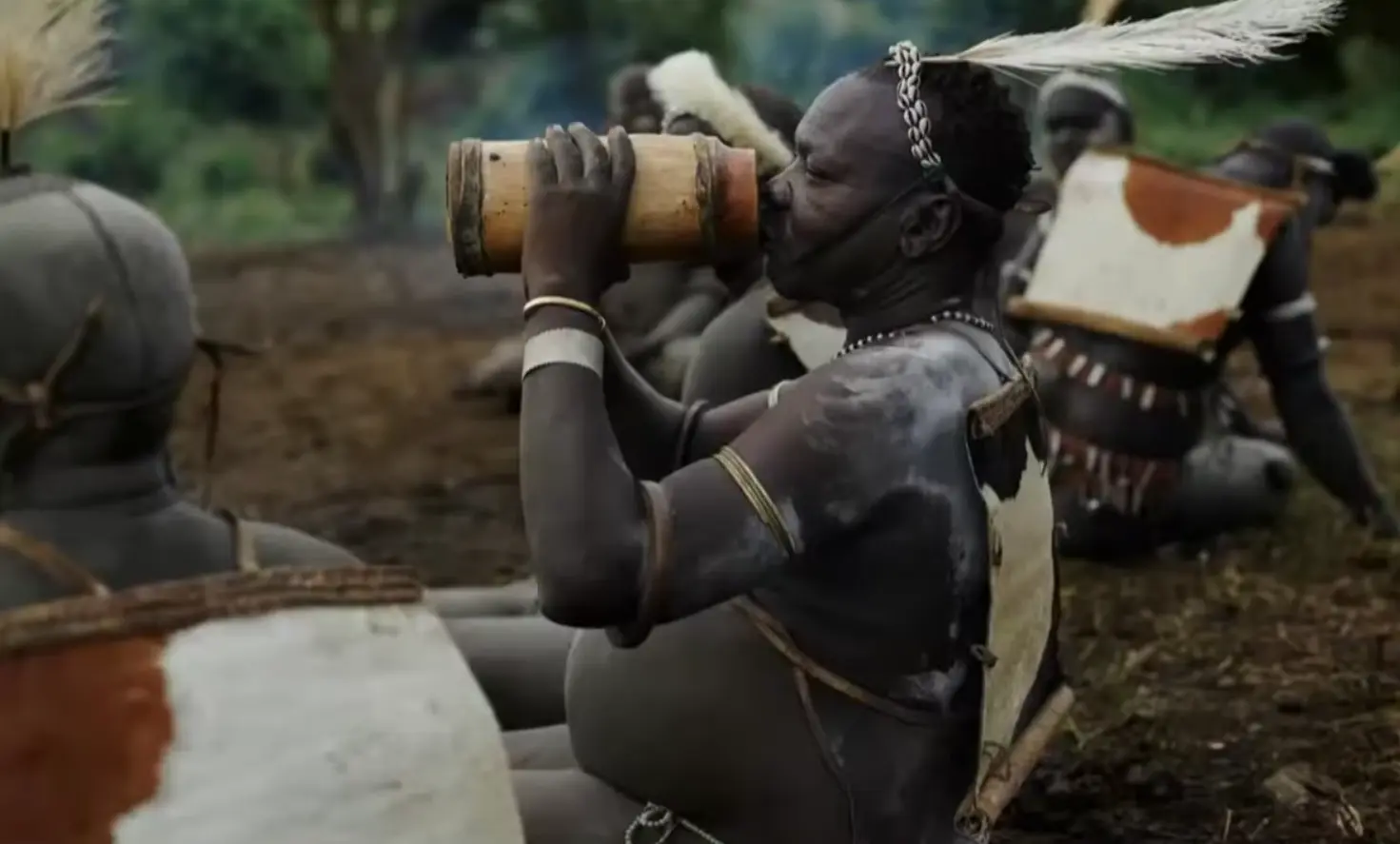
The Bodi Tribe has a distinctive diet that revolves around cattle. They consume milk mixed with blood, obtained through a traditional method that does not harm the animal. This practice reflects their deep connection to their livestock and their resourcefulness in utilizing available resources.
Related articles: - Bull Jumping AKA Ukuli Bula: Wedding Ritual of the Hamar Tribe in Southern Ethiopia
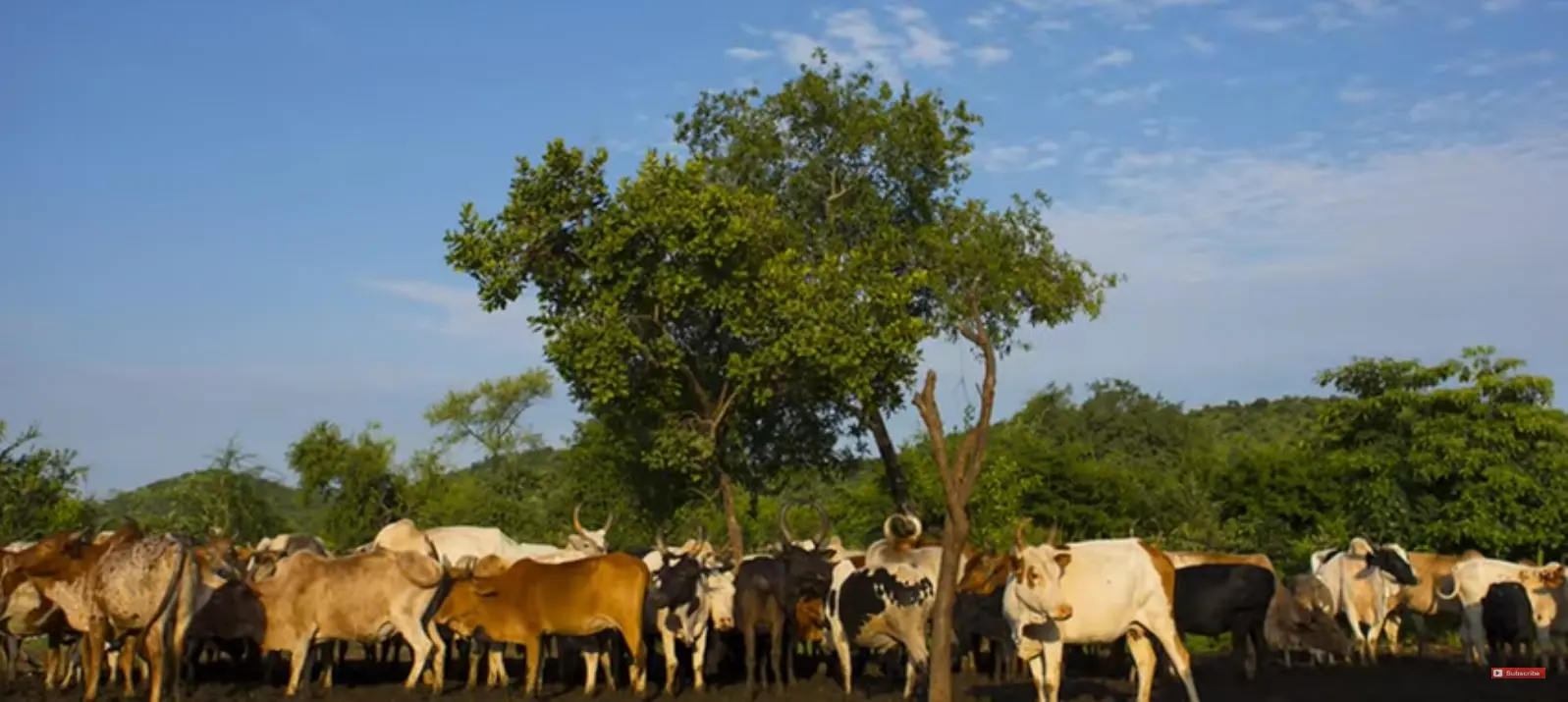
The Bodi are nomadic pastoralists who move frequently to find fresh grazing areas for their cattle. This mobility helps prevent overgrazing and ensures the sustainability of their environment, showcasing their deep understanding of ecological balance.
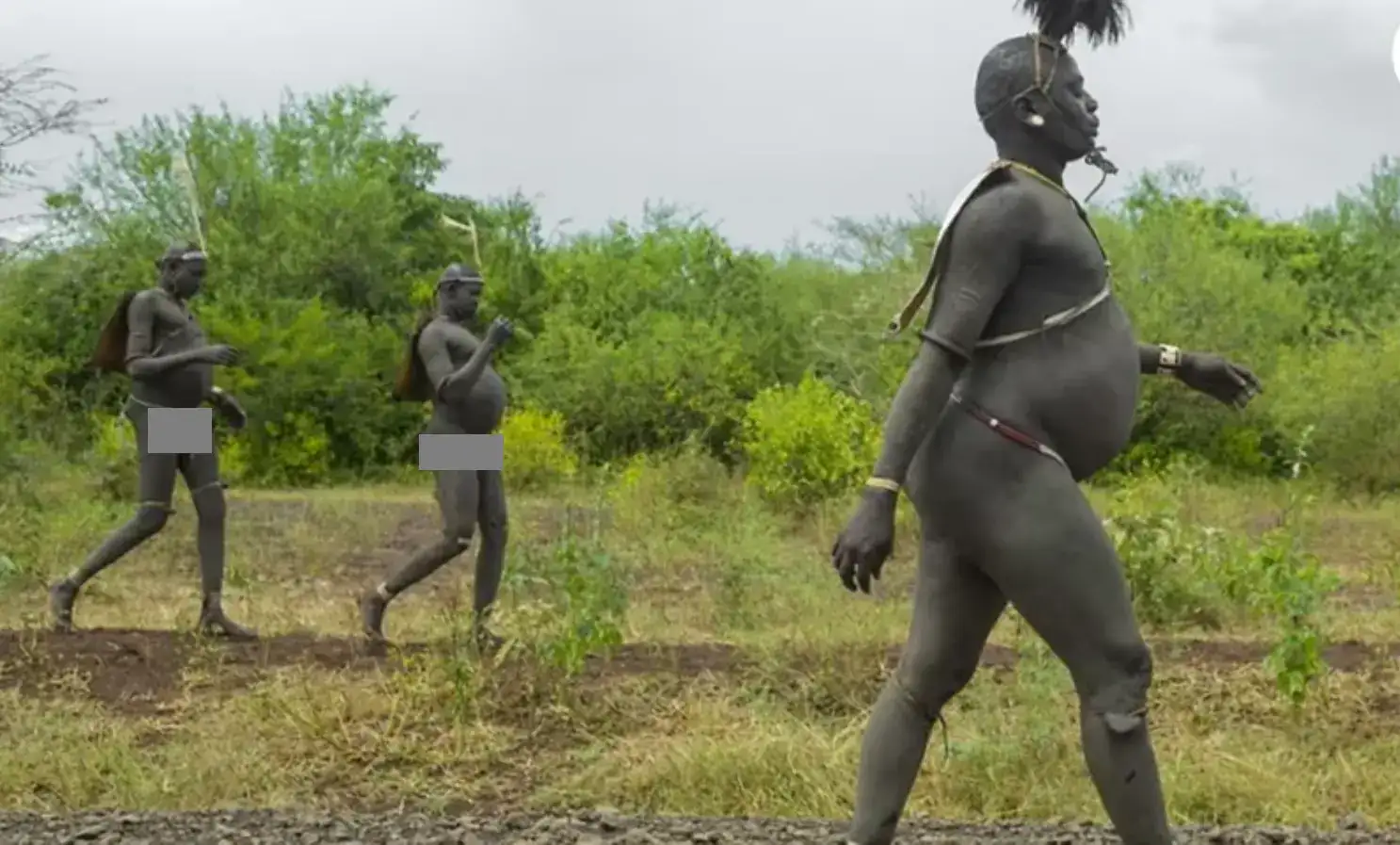
One of the most fascinating traditions of the Bodi Tribe is the annual "Holiday of the Fat Men." During this event, men compete to gain weight over six months by consuming fatty foods and avoiding physical labor. The competition culminates in a ceremony where the heaviest man is honored, highlighting the tribe's unique perception of beauty and status.
Both Bodi men and women participate in the ritual of scarification, which involves creating patterns on their skin. This practice is seen as a form of beauty and bravery, with intricate designs that tell stories of personal and communal significance.
The Bodi people have a unique style of dress that reflects their cultural identity. Men typically wear fabric skirts, while women adorn themselves in garments made from goat skin. Their clothing choices are not only practical but also serve as a canvas for cultural expression.
The Bodi Tribe frequently engages in trade with neighboring tribes, particularly the Mursi. They exchange cattle for agricultural products like maize, which they do not cultivate themselves. This interdependence fosters strong community ties and cultural exchange.
The Bodi Tribe holds various rituals and ceremonies that are integral to their social fabric. These events often involve music, dance, and communal gatherings, reinforcing their sense of identity and belonging.
The Bodi people have a profound respect for nature and the environment. Their nomadic lifestyle and reliance on cattle have instilled in them a deep understanding of their ecosystem, allowing them to live sustainably within their habitat.
Despite the pressures of modernization and external influences, the Bodi Tribe has managed to preserve many of their traditional practices and beliefs. Their resilience in maintaining their cultural identity is a testament to their strength and adaptability.
The Bodi Tribe's rich cultural tapestry and unique traditions offer a glimpse into a way of life that is both fascinating and deeply rooted in the natural world. Their customs, particularly their relationship with cattle and the celebration of body image, challenge conventional notions of beauty and highlight the diversity of human experience.